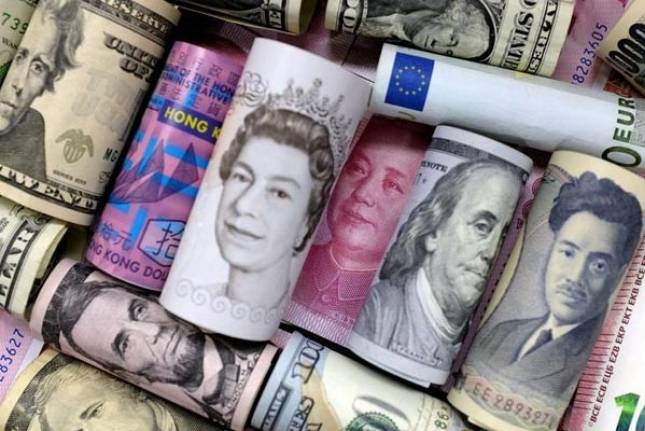The Government will be considering to amend Foreign Exchange Act No. 12 of 2017 to tackle corruption in high places, the nexus between those dealing in money laundering and illicit drugs with key sections of the political leadership.
The Commission to Investigate Allegations of Bribery or Corruption (CIABOC) will also be introducing legislation to strengthen existing laws, to combat corruption, he added.
State Minister for Finance Eran Wickramaratne said that the Foreign Exchange Act could be amended if it has loopholes to encourage and legitimise money laundering.
The Central Bank has said that stern action cannot be taken against money launderers and illicit foreign exchange dealers due to lack of necessary provisions in the Foreign Exchange Act.
Its Governor Indrajith Coomaraswamy revealed that although the Penal Code demands that there ought to be an offence, in the new Act, such offences are loosely defined.
No action can be taken on transactions prior to November 2017 since the old Exchange Control Act was rescinded and replaced, he added.
With the Presidential elections emerging around the corner, the Government is facing an uphill task of strengthening regulations on illegal overseas money transfers being made easier by the new Act, official sources revealed.
In terms of the Act, any person can enter into and deal in foreign exchange in furtherance of current transactions without any exchange control restrictions.
PTerrorism financing, money laundering and the trade in illicit drugs are being made easier by the new Foreign Exchange Act which repealed the Exchange Control Act No. 24 of 1953.
(LI)

